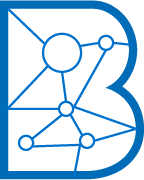
Shifting
beliefs
to change
behavior

We believe that to truly change behavior, we must first understand the core Beliefs that drive that behavior.

Beliefs are the filter through which we all interpret and process information; they are the personal knowledge and basic truths we use to interpret the world and decide what is true.

Beliefs are deeply held and hard-wired in our brains, and are not always revealed in what we do or say. They are contextual, and come from our personal or shared experience. Beliefs are not rational nor easily understood through traditional research.

Beliefs are not opinions that are stated in response to questions. Until now, Beliefs have been hard to understand, identify, and quantify.

Now there is BELIEFMAP™.
Our innovative technology and approach allow us, for the first time, to understand and map the core Beliefs...

...and personal archetypes that drive individual behavior, to help clients effect real change in the marketplace.

Real change requires real innovation. To start adding innovation to your marketing plan, please give us your contact information, and find us on Instagram, Twitter, Facebook, and LinkedIn.